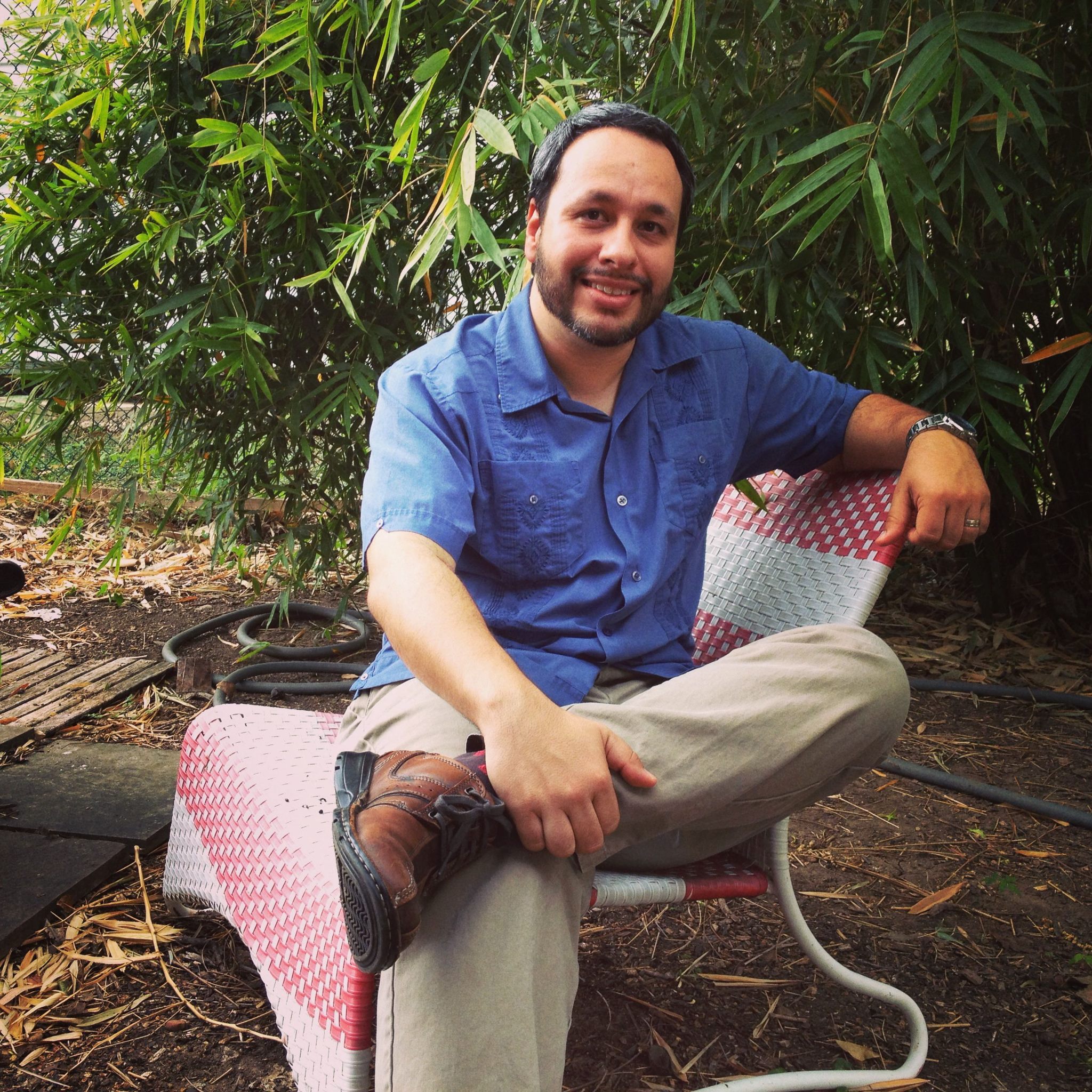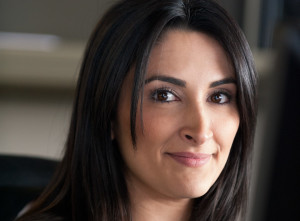Written by Tracy Sullivan.
At Get Smart 2015 on November 6, Austin-area communicators will have the opportunity to join four experienced online storytellers, Omar Gallaga, Lauren Modery, Sarah Salimi and panel moderator Kelly Stocker, as they examine the evolution of online media. From where we are now, to gazing into the digital crystal ball, you’ll understand how best practices, relevant content and technology are shaping online storytelling.
Previewing Breakout Session 2, we asked moderator Kelly Stocker (KS) and panelists Omar Gallaga, (OG), Lauren Modery (LM) and Sarah Salimi (SS) for a sneak peek into their session with these questions:
What’s the best storytelling advice you’ve ever received?
KS: Find the essence of your story. Then build it out from there.
OG: I think the classic “show, don’t tell” is one that serves all of us well. Being observant and using detail and specifics (or in our online-first world, images, video and other multimedia) to tell the story rather than having to explain everything in lengthy words or jargon is crucial. Taking really good notes is still very important, not just for remembering details, but for the sake of accuracy and fact-checking later.
SS: Keep it real and keep it brief.
LM: I don’t know if I’ve ever received any storytelling advice, but I’ve learned from reading and listening to others that keeping on point and mixing it up with humor and heartbreak is a good way to keep people engaged. Going off track or rambling only leads to wandering eyes and snoring.
What’s the biggest blogging mistake professionals or companies make with storytelling?
KS: Being scared of real content. When you run a post through a PR machine or approvals process, it reads like a press release. That’s not good content–that’s cardboard.
OG: It’s typically lack of focus or not knowing what it is you’re trying to accomplish. Sometimes it’s blogging for the sake of blogging (“We have to have a blog?” “Why?” “Because everyone else does!”) or not having clear goals in mind. That can led to erratic posting or unfocused writing and is not a good way to get people passionate about your content. The other big mistake is simply not having a voice that sounds remotely authentic or human.
SS: Many companies assume they know what the consumer wants to hear.
- They do not consider the audience. A story must be tailored to the audience – the main points do not necessarily change, but the way in which you deliver it should.
- They do not consider the placement – where these stories live can be just as important as the message itself.
LM: Making content that is stale, that is only for SEO purposes or is redundant. Having an authentic voice always wins in the end. ALWAYS.
Can you give us a preview of what to expect during your session?
KS: These are four well-respected content creators. They’re all real humans who have a distinctly different voice and presence. You can expect to walk away inspired to sit down immediately to create, adjust, refine and grow.
OG: I imagine we’ll be talking about how each of us has seen our respective platforms (newspaper, blogging, online reviews, etc.) evolve over the last 5-10 years and what we think is ahead. For my part, I plan to talk about how much of my job is more than just writing for print. It involves video, social media, podcasting, photography and more, but in the end, these are all complementary tools for different kinds of storytelling.
SS: I expect us to discuss media today vs. the past and look at trends that are shaping our future. We are working within an evolving discipline and we must be open to continued learning and innovation.
LM: I promise I’ll be wearing pants.
Get Smart 2015 is only 10 days away – don’t miss out on a great opportunity to hear from 18 Austin communications experts and their insider’s guide for how to tell your story perfectly, every time in any medium. Register now!
- Announcing Our 2016-2017 Board of Directors - May 31, 2016
- Freelance Corner: Making Impressions, Copyright FAQs and Nixing Procrastination - May 25, 2016
- Austin’s Best Kept Secrets: Swimming Holes - May 24, 2016





